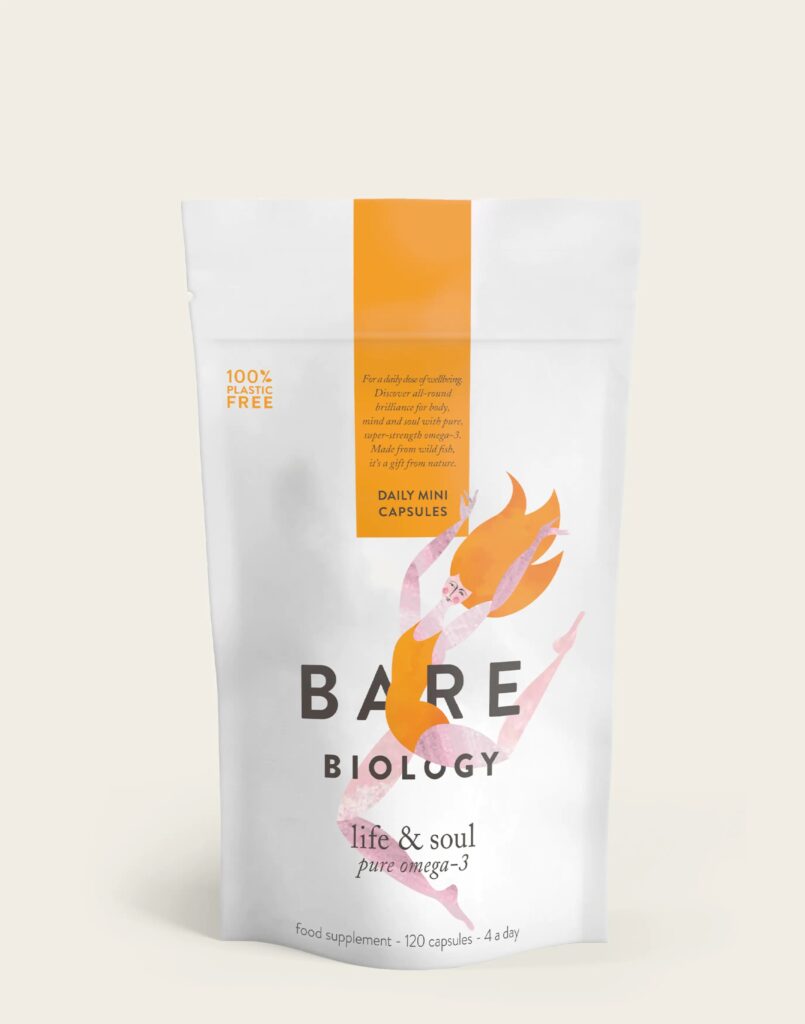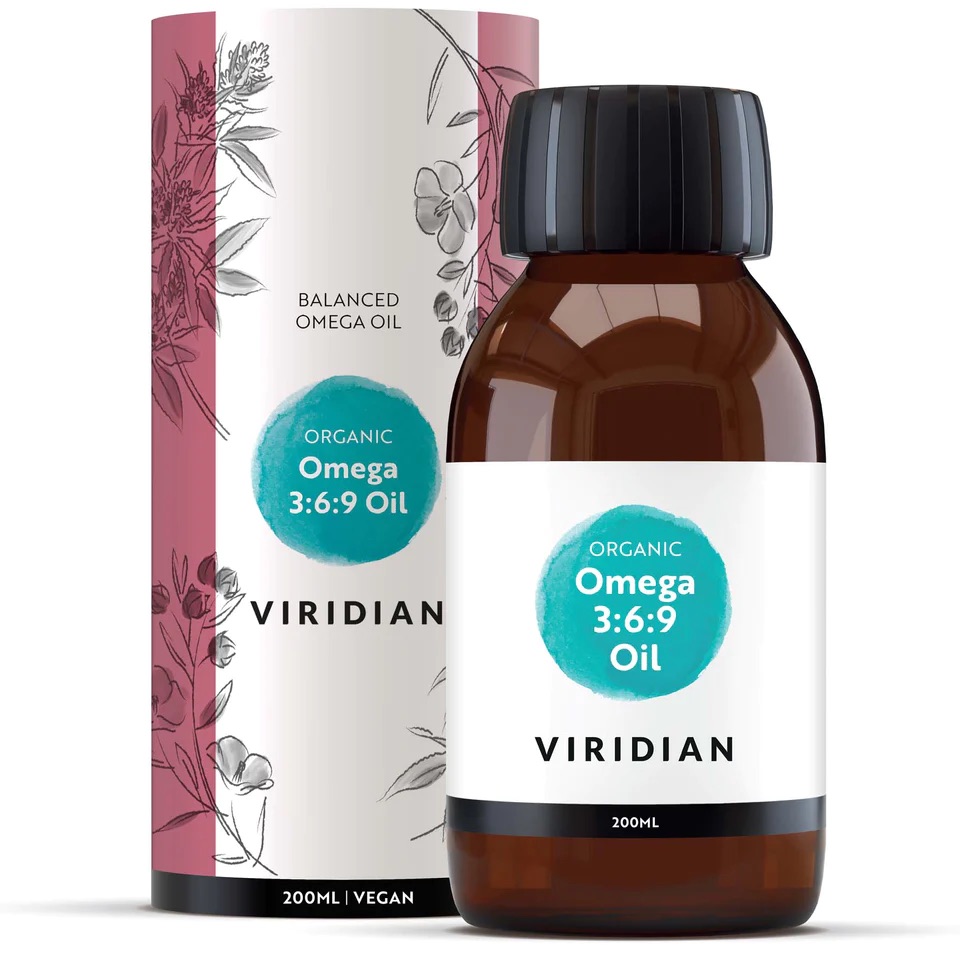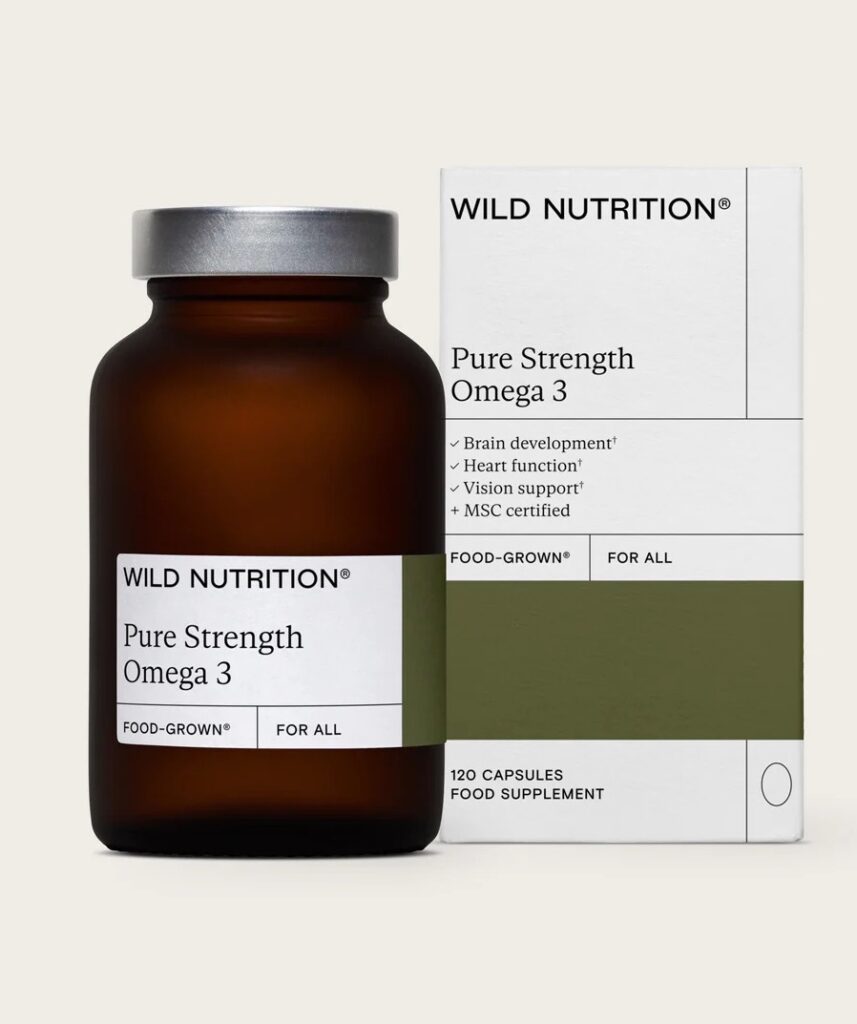In the realm of nutritional superheroes, Omega-3 fatty acids stand out as champions for heart health and cognitive function. These essential fatty acids are not only vital for the structural integrity of cell membranes but also play a crucial role in various bodily functions. Let’s explore the myriad benefits of Omega-3 and discover how to effortlessly incorporate them into your diet for a healthier heart and a sharper mind.
Understanding Omega-3 Fatty Acids:
Omega-3 fatty acids are a family of polyunsaturated fats that are classified into three main types: alpha-linolenic acid (ALA), eicosapentaenoic acid (EPA), and docosahexaenoic acid (DHA). While ALA is primarily found in plant sources, such as flaxseeds and walnuts, EPA and DHA are abundant in fatty fish like salmon, mackerel, and trout.
The Heart-Protecting Power of Omega-3:
Cholesterol Regulation: Omega-3 fatty acids have been shown to lower levels of triglycerides and increase HDL (“good”) cholesterol, contributing to a healthier lipid profile and reducing the risk of cardiovascular diseases.
Blood Pressure Control: Regular consumption of Omega-3s has been associated with modest reductions in blood pressure, helping to maintain a healthy range and decrease the risk of hypertension.
Anti-Inflammatory Effects: Chronic inflammation is a key player in heart diseases. Omega-3s exhibit potent anti-inflammatory properties, reducing the inflammation that contributes to the development of atherosclerosis and other cardiovascular conditions.
Cognitive Benefits of Omega-3:
Brain Development: DHA, a type of Omega-3 fatty acid, is a major structural component of the brain. It is crucial for the development of the nervous system in infants and the maintenance of cognitive function in adults.
Memory and Concentration: Studies suggest that Omega-3s may enhance memory and cognitive function, playing a role in preventing age-related cognitive decline and potentially reducing the risk of neurodegenerative diseases like Alzheimer’s.
Mood Regulation: There is evidence to suggest that Omega-3s may play a role in mood regulation and could be beneficial in managing conditions such as depression and anxiety.
How to Boost Your Diet with Omega-3:
Fatty Fish: Include fatty fish like salmon, mackerel, sardines, and trout in your diet at least twice a week to ensure an adequate intake of EPA and DHA.
Plant-Based Sources: For those following a vegetarian or vegan diet, incorporate ALA-rich foods such as flaxseeds, chia seeds, hemp seeds, and walnuts.
Supplements: Omega-3 supplements, such as fish oil capsules or algae-based supplements, can be a convenient way to ensure you meet your daily requirements, especially for individuals with dietary restrictions.
Fortified Foods: Look for foods fortified with Omega-3s, such as certain brands of eggs, milk, and yoghurt, to easily boost your intake.
Omega-3 fatty acids are nutritional powerhouses with a multitude of health benefits, ranging from heart protection to cognitive enhancement. By incorporating Omega-3-rich foods into your diet or opting for supplements when necessary, you can take a proactive approach to support your overall well-being. Whether you’re aiming to improve cardiovascular health, boost brain function, or simply maintain a healthy lifestyle, Omega-3s are a nutrient worth prioritising in your daily nutrition.

Bare Biology Pure Omega Mini Capsules

Viridian Omega 3:6:9 Oil

Wild Nutrition Pure Strength Omega














